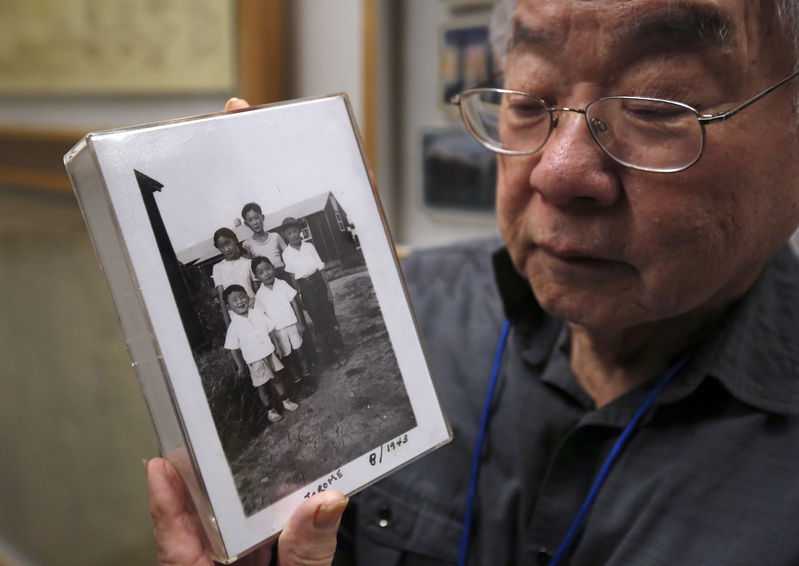Calif. to apologize for internment of Japanese-Americans
18 February, 2020

Les Ouchida was created an American just outside California’s capital city, but his citizenship mattered little after Japan bombed Pearl Harbor and america declared war. Based solely on the Japanese ancestry, the 5-year-old and his family were extracted from their home in 1942 and imprisoned a long way away in Arkansas.
These were among 120,000 Japanese-Americans held at 10 internment camps during World War II, their only fault being “we'd the incorrect last names and wrong faces,” said Ouchida, now 82 and living a brief drive from where he was raised and was taken as a boy due to fear that Japanese-Americans would side with Japan in the war.
On Thursday, California’s Legislature is likely to approve an answer offering an apology to Ouchida and other internment victims for the state’s role in aiding the U.S. government’s policy and condemning actions that helped fan anti-Japanese discrimination.
U.S. President Franklin D. Roosevelt’s executive order No. 9066 establishing the camps was signed on Feb. 19, 1942, and 2/19 now is marked by Japanese-Americans as a Day of Remembrance.
Assemblyman Al Muratsuchi was created in Japan and is one the roughly 430,000 persons of Japanese descent moving into California, the major population of any state. The Democrat who represents Manhattan Beach and other beach communities near LA introduced the resolution.
“We like to talk a lot about how we lead the country by example,” he said. “Unfortunately, in this instance, California led the racist anti-Japanese American movement.”
A congressional commission in 1983 figured the detentions were due to “racial prejudice, war hysteria and failure of political leadership.” Five years later, the U.S. government formally apologized and paid $20,000 in reparations to each victim.
The money didn’t come near to replacing that which was lost. Ouchida said his father owned a successful delivery business with 20 trucks. He never fully recovered from losing his business and died early.
The California resolution doesn’t come with any compensation. It targets the actions of the California Legislature at the time for supporting the internments.
Source: the-japan-news.com
